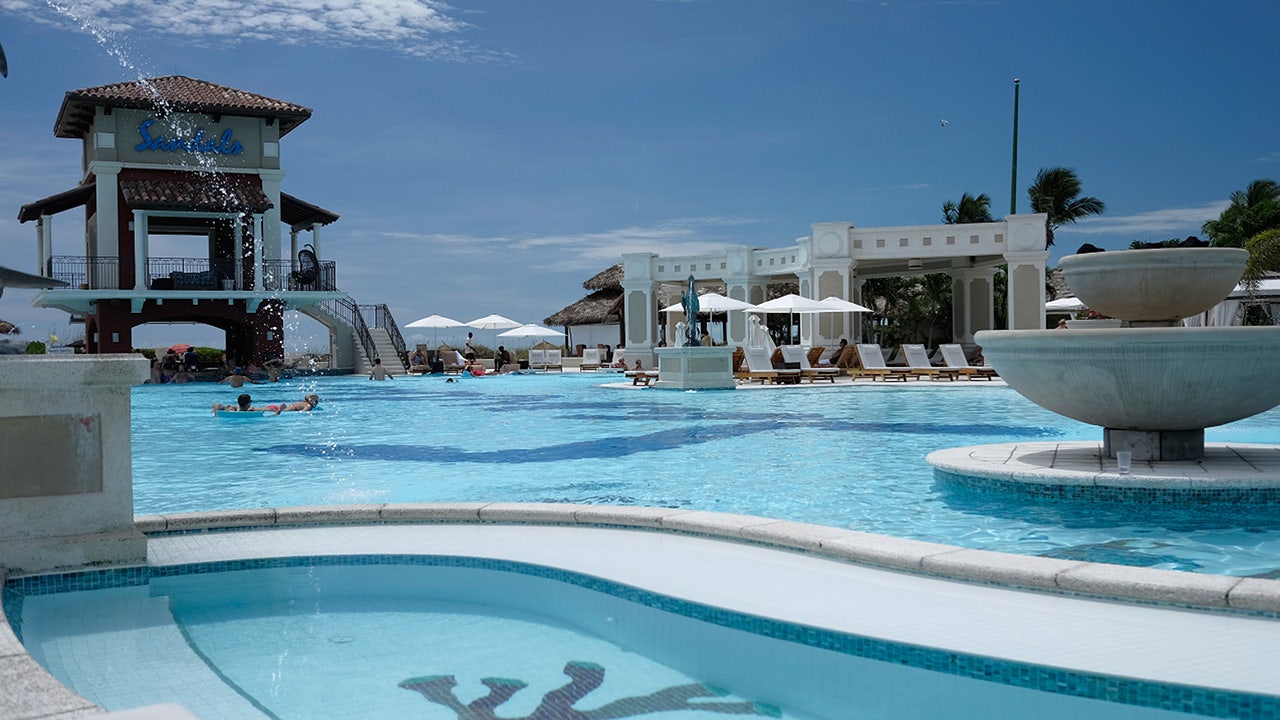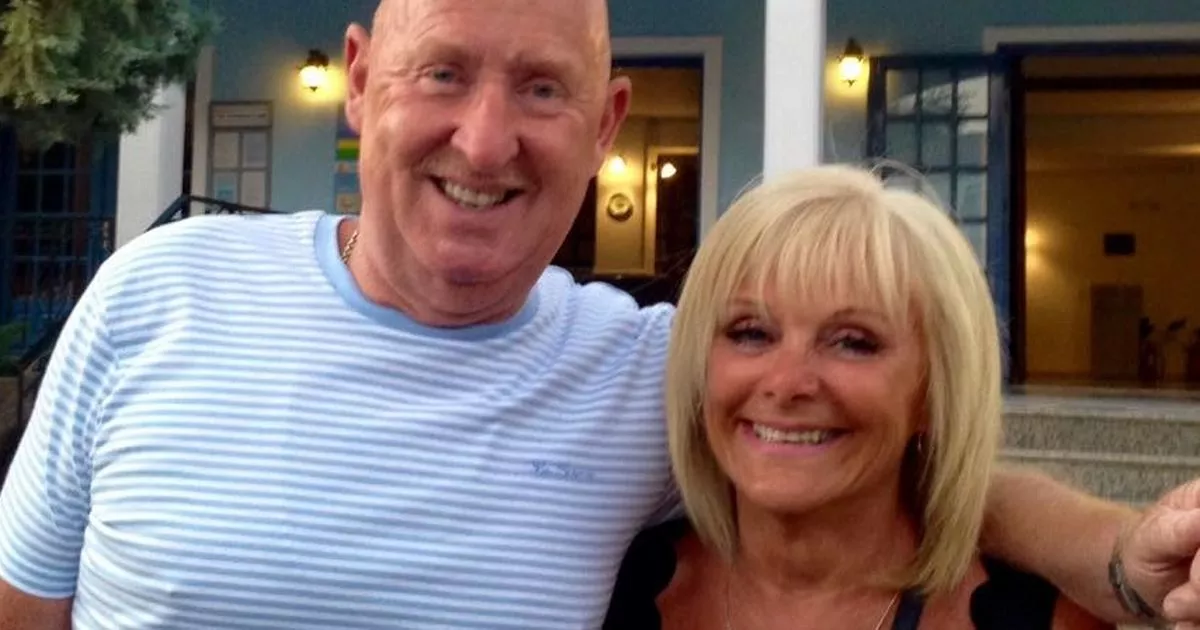The latter, but the former too.
However, the "
Guardian Australia ... confirmed Asra Abdullah Alsehli, 24, and Amaal Abdullah Alsehli, 23, were asylum seekers:
each had an active claim for asylum ongoing with the Department of Home Affairs and had engaged with settlement services providers in Sydney. The nature of their claim for asylum – their basis for seeking protection – is not known. [Emphasis added]
The Guardian story suggests the claims for asylum had not been finalised.
Below is a precis of the report in the Australian.
This is already such a sad, tragic case and this information, if true, just makes it worse. The claims in The Australian are quite believable, but are they true? The former government, voted out in May, working under the guise of "protecting Australia from illegal arrivals", by presenting themselves as "tough on security". In reality, they were stoking fear and playing on bigotry about immigrants and foreigners in general and attempting to put their political opponents in an awkward position.
The Australian does not say it, but the government must make a
decision within 90 days and if rejected, a person can
appeal an adverse decision. Many adverse decisions are overruled. The sisters were not in immigration detention. This suggests that if they had been refused a protection visa they may have had appeals pending. As well, people refused visas in Australia have been known to apply to other countries, such as Canada who tend to be a more humane.
The 90 day period is interesting in that the sisters had been in Australia for over 4 years and were reported to have made an application just after they arrived, and certainly by the time they were living in the same house with Rita (see earlier posts). The sisters had not been detained as illegal over stayers.
For these reasons I would like to see more proof about the sisters' visa applications and possible refusal.
Some pages,
here,
here,
here and
here, set out the visa eligibility.
Precis of The Australian article
Suicide sisters refused visas to stay in Australia
Liam Mendes
Midnight, August 8, 2022
The Saudi sisters found dead in their beds in their Sydney apartment had applied for permanent protection visas but their applications had been rejected.The Australian quoted "a source familiar with their application".
According to The Australian:
- one of the sisters, the Australian says believed to be 23-year-old Amaal, applied on the basis she was a lesbian. Her application was denied because she could not describe the gay events she went to in Sydney in sufficient detail. [
Comment: if true, this is mind boggling. The sisters were shy and may well have not attended many events, and in any case, how do you "prove" you are gay if you are mostly at home?" Would attending the Sydney mardis gras be enough? - that's rhetorical, BTW]
- the other sister, 24-year-old Asra applied on the grounds that she was an atheist, but was unable to provide sufficient evidence to support the application. [
Comment: Again, how do you prove you are an atheist? Spit on the Koran?]
[
Comment: The elder sister has been reported in the press as having a boy friend and as seeking an AVO and then withdrawing the application. The Australian presents this matter this way: In 2019, an apprehended violence order was applied for
by police on behalf of Asra against a man who told reporters he had a “small fight” with her. The matter was withdrawn and dismissed following one court hearing. For police to apply for an order, Asra would have been interviewed and details taken. However, police have claimed they knew nothing about the sisters. Moreover, to have a "boy friend" not sanctioned by the family, would put a woman at risk of lethal harm and inhuman and degrading treatment. Additionally, having a boyfriend is considered "adultery". And the punishment for adultery, is death, though often "remitted" to a severe beating.]
- One of the sisters - the Australian does not say which one - also claimed that she was escaping a forced marriage.
- The Australian claims the sisters applied for the subclass 866 protection visa, which is for individuals who arrived in Australia on a valid visa and are seeking asylum.
It can be granted so long as certain requirements are met. According to the Australian, to be granted a visa under this subclass, individuals who have a “well-founded fear of persecution” who are unable or unwilling to return to their home country are eligible for the visa. [Note: One would think that being a woman in Saudi Arabia would be sufficient; but even setting that aside, given the sisters escaped to Australia and the Australian government must know what happens to woman who escape, it does seem particularly obtuse to deny the sisters did not have a "well-founded fear of persecution".]
The Department of Home Affairs would not comment on the sisters' cases, appealing to "privacy reasons".
The Australian also went into other details, stating amongst other things:
- The sisters could have been
dead for up to six weeks before their
fully clothed bodies were discovered by their landlord’s representative in June.
[
Comment: The ABC BB program said the bodies were discovered by the Sheriff]
- The sisters bodies were in an advanced state of decomposition.
The Australian repeated what a "senior police source" told the The Daily Telegraph newspaper last week, that “There is no indication of anyone else being in the unit … no forced entry. It really does appear to be a tragic suicide”.
The Australian then repeats other claims made in the press, namely that non-perishable food items, a bottle of bleach and clothing were found in the bedrooms and that a computer was found and has been taken for forensic testing.



